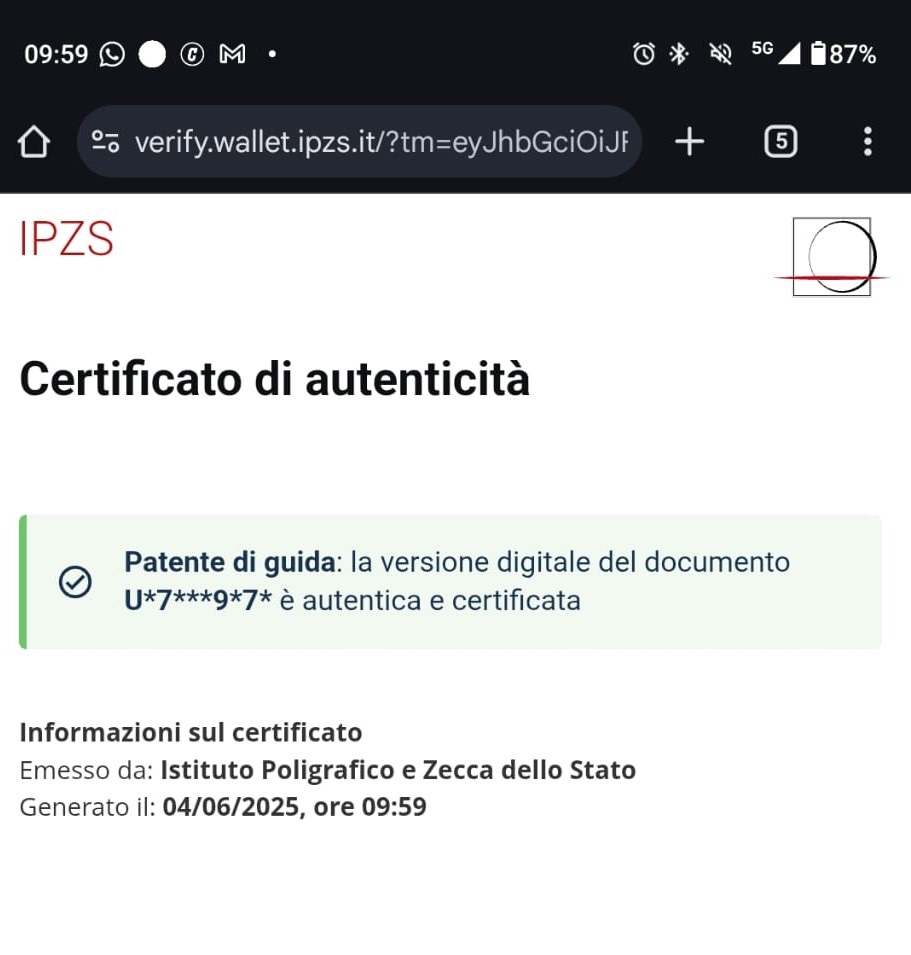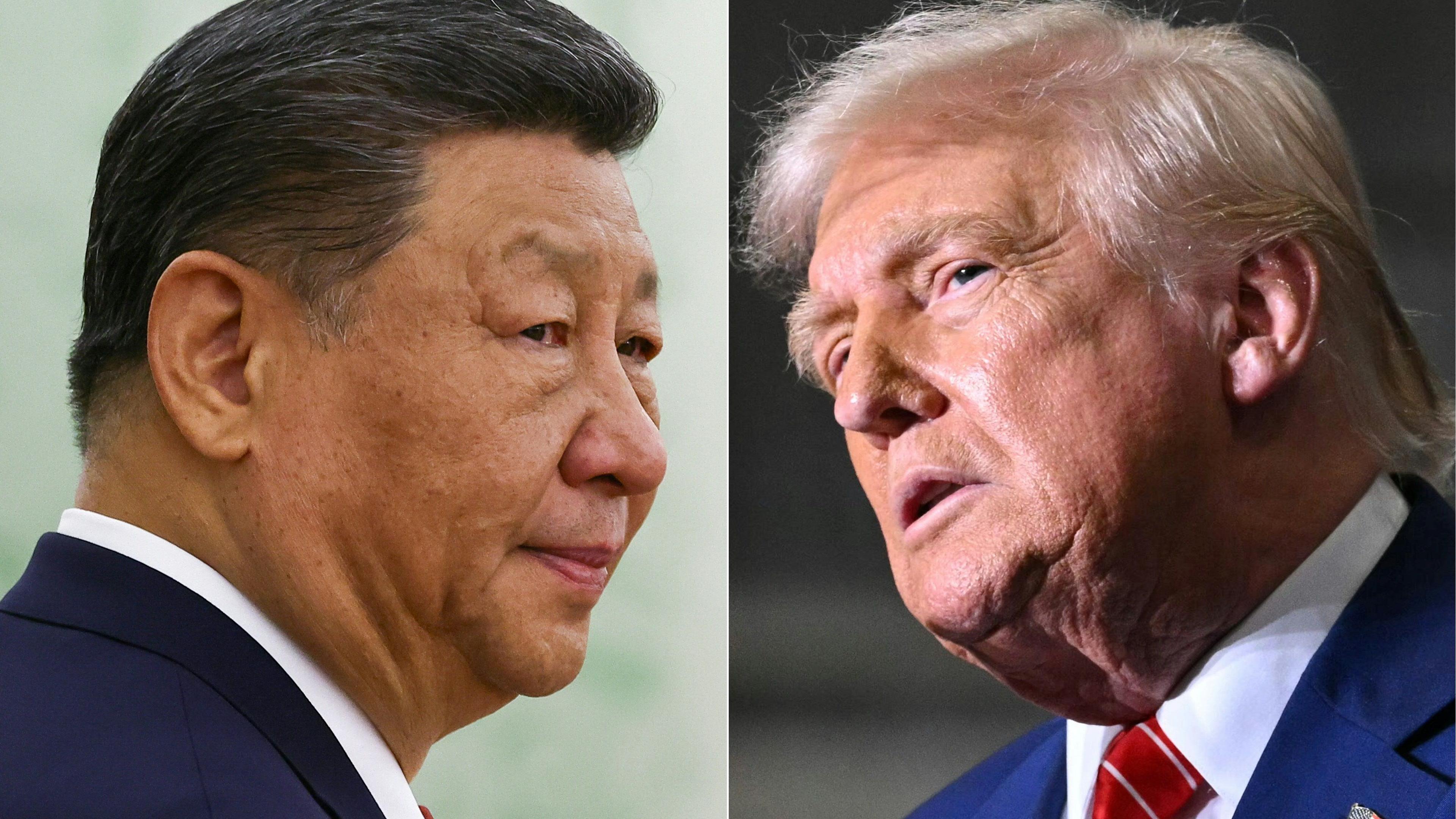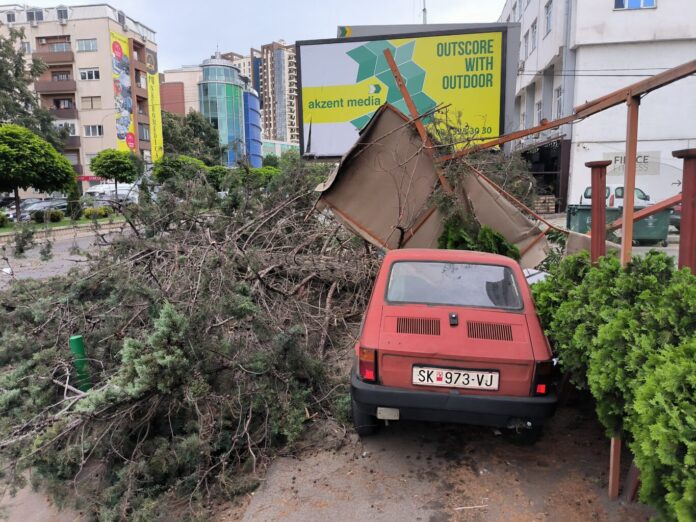Tornedalas – Sweden’s invisible minority wants to become new indigenous people

On 40-year-old Eva Kvist’s living room table in the hometown outside Korpilombolo is a thick cover. When the binders go apart, the story is out. She shows a gray article from 1999.
« This is the first request this minority made about indigenous status, » says Eva Kvist, operations manager at the Swedish Tornedalings National Association-Tornionlaaksolaiset, STR-T.
Today the Sami are Europe’s only recognized indigenous people. Tornedalaningar, one of Sweden’s national minorities, which also the identities Kväns and Lantalaiset, want the same status. Their request is now with the government.
Eva Kvist grew up with the fight and identifies herself as Tornedalaning, Lantalainen and Kvän. Her father Weikko Kvist was one of those who started the Kvenland Association. In the early 1990s, he was involved in raising the question that Kväner would become an indigenous people.
– Dad would probably have been happy that I was working on these issues. I have felt a very strong presence of him in this work.
The history of the minority has long been unknown. Judit Malmgren, a doctoral student in history at Luleå University of Technology, believes that research has for a long time unilaterally highlighted the Sami as the only ones who lived in what is usually called the patchwork. An area that extends across the northern parts of Sweden, Norway and Finland.
– This does not mean that the research has been substandard or incorrect, but it can cause you to miss or overlook information in the written sources, says Judit Malmgren.
– In parts of Lappmarken, Sami and Finnish speakers have lived side by side for centuries and have taken the impression of each other’s cultures.
She says that archaeologists often attributed to Sami remains of horns, fireplaces and reindeer husbandry, even if other groups have been in the area.
– We need a greater diversity in research on Lappmarken otherwise it risks continuing to contribute to the reproduction that only Sami people lived in these areas.
Eva Kvist feels that her minority history has been invisible:
– We are a minority that does not elbow us, we do not want to argue. But we have to show that we have a history and a culture, it is not our fault that it has not been visible, she says.

In 2021, the government appointed a truth and reconciliation commission. The purpose was to investigate and recognize the Swedish state’s participation in the historical injustices that hit towering, women and Lantalaiset.
When the report was presented in November 2023, the swearing was described by the minority. Among other things, they were forbidden from talking to the minority language Meänkieli, there were racial biology measurements and workhouses where children were subjected to abuse.
Eva Kvist worked within the Commission before she became chairman of the STR-T. She becomes teary eyed when she thinks back to the minority’s testimony that emerged during work.
– It creeps so close and you think, why did you do it to us? The state saw us as a people group that was of a lower breed, as less worthy.

For her, the report became an eye opener.
– You start to understand this shame when you understand how things are located. Is that why I have been ashamed of my language and my identity?
The Truth and Reconciliation Commission provides several proposals to the government to strengthen the minority. Among other things, the government should investigate whether Tornedalings, just like Sami, should have indigenous status in Sweden.
They also describe how, Tornedalings who had a long tradition of pursuing reindeer husbandry, is disadvantaged by the current regulation of the reindeer industry.
Eva Kvist belongs to herself a so -called concessiona village, which means that she is allowed to conduct reindeer husbandry even though she is not a reindeer herding. The minority’s right to own reindeer is limited and she must have a reindeer brand that is linked to the area where she lives. Should she move to her boyfriend in Kiruna, something she has been thinking about, she would lose the reindeer. It would be like losing some of oneself, she says.
– I know that there are many who do not even connect the minority to reindeer husbandry. But if you look historically, almost all farms had reindeer.
Her reindeer stands a few meters from the front door. They peeing away at the food stall that stands in the pasture as she prepares the feeding.
– Reindeer husbandry is very important to me. I remember when I was little and slept in Renhagen while Dad was doing the reindeer.
A school taxi rolls into the yard while she is in Renhagen. The son Helmer goes used to the pasture and while they talk to meänkieli among themselves he helps his mother.
– A large part of this struggle is for my three children to feel proud of our culture and our language, and have the opportunity to practice it in the future.

– But I also want our ancestors to get redress and that I myself want to be able to feel proud of who I am and our culture.
For example, in order to become an indigenous people, you need to have a historical connection to their traditional land areas. One should also differ culturally or linguistically from the majority population. But there is no authority or organization where you can apply to become an indigenous people. It is ultimately a political decision required.
In a survey that DN has sent out to all parliamentary parties are the Left Party, the Swedish Democrats and the Environment Party the parties that want to investigate the issue of Kväner, Tornedalings and the Lantalaiset can have indigenous status. The Social Democrats « welcome that the issue is further investigated but have not currently taken a position ». The remaining parties have not taken a position on the issue.
Eva Kvist wants to see greater political commitment to the issue and that the state takes responsibility for the issue. For her, indigenous status is not about taking land rights from the Sami population.

– We do not want the Sami to be deprived of anything, it is about recognizing similar rights. We have a planet that we all live on. We cannot request a monopoly over culture, traditions and chips.
She says the minority is facing two choices: either let go of their history, culture and tradition or raise their voices and protest:
– If we choose one, the swearing is waiting at the end of that path. We must show that we exist and that our votes are important. So I think it’s the struggle that we have to actively choose.










:format(webp)/s3/static.nrc.nl/wp-content/uploads/2025/06/05163439/data133217982-f902a2.jpg)
